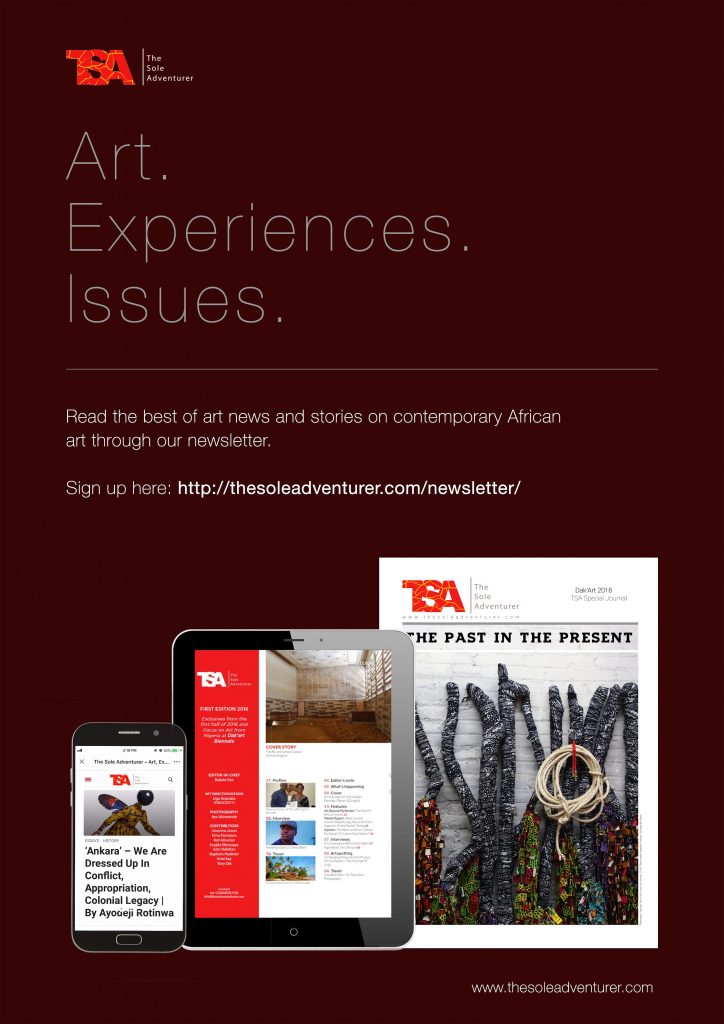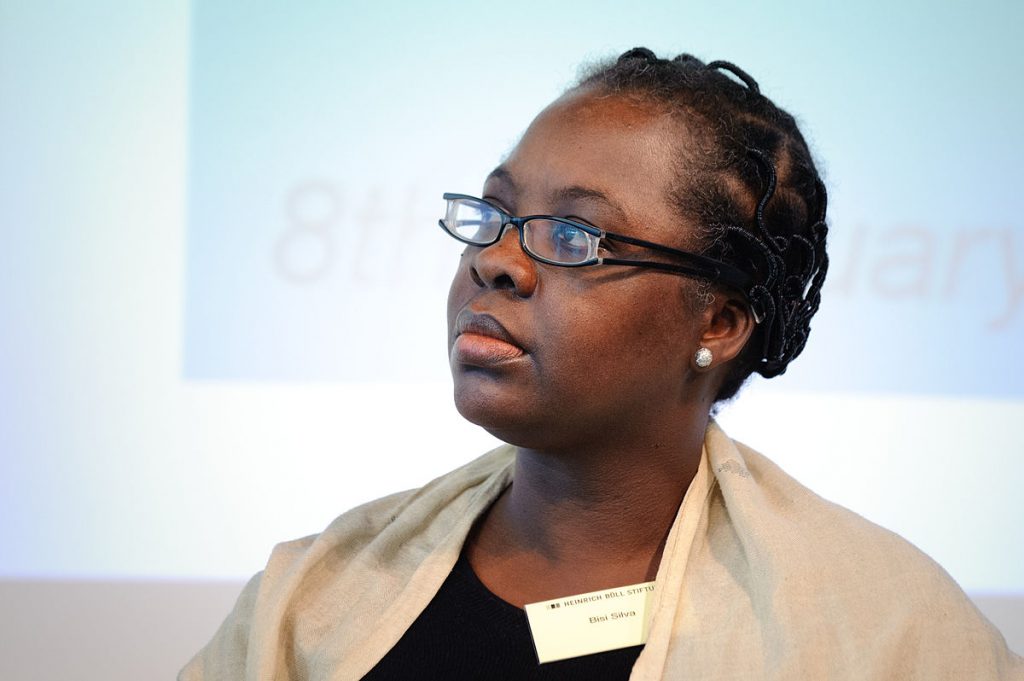Kenyan artist and founder of The Art Space Wambui Kamiru Collymore speaks about global Black freedom through the lens of decoloniality, as she shares with us the music that she has been drawn to at this time.
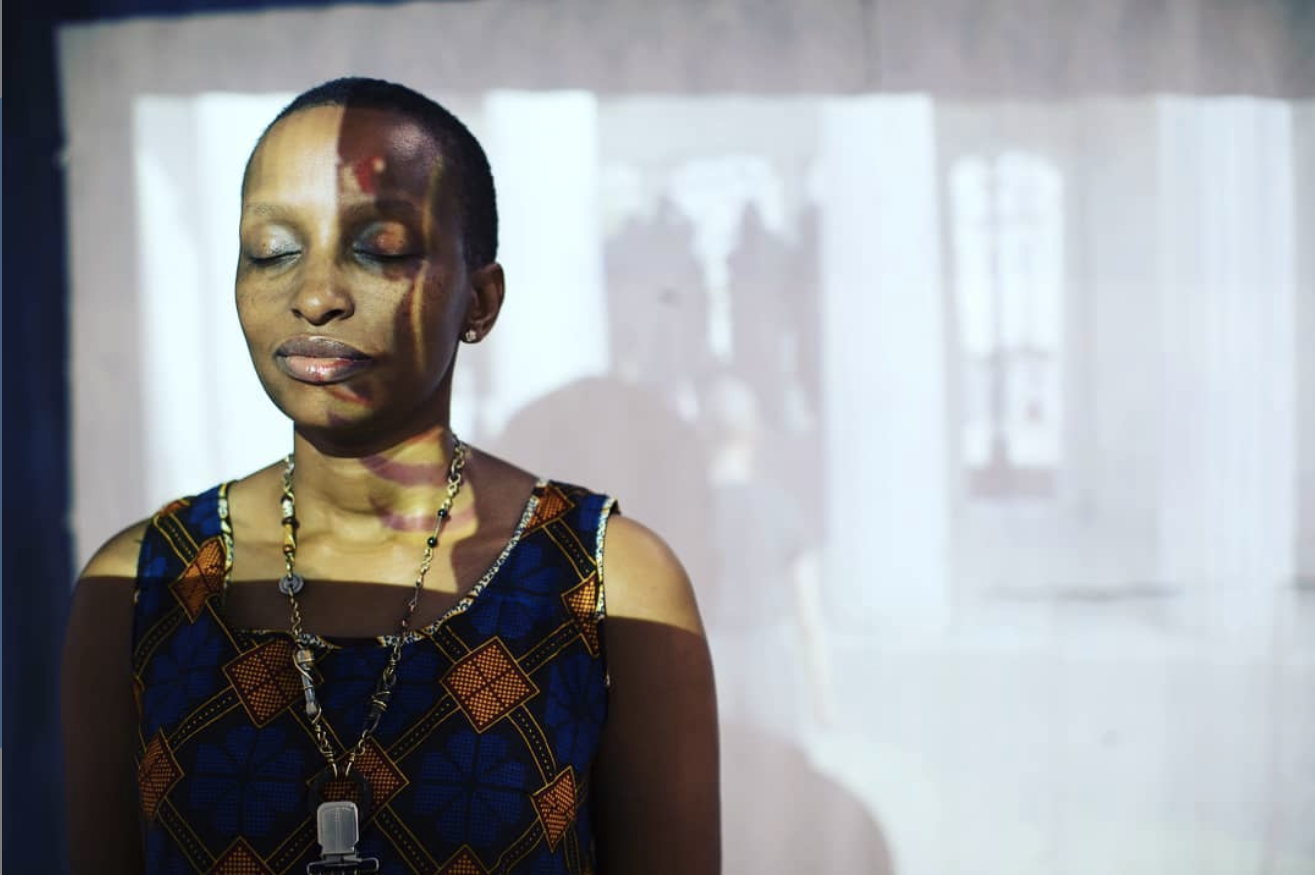
I think resistance is the act of refusing. You could have a passive resistance or you could get out into the streets and have an armed resistance. When it comes to definitions of resistance [as it relates to] colonialism, I query the phrase ‘armed resistance’ because that is one way of minimising the fact that there was actually organised warfare [in Kenya] at that time.
Revolution is for me a movement that is guided by ideologies. Not necessarily an armed movement. It is one that is nestled in ideas of what a better world could be. Whether those ideas are passed on in music, or poetry, or art, philosophical conversations, it’s something that spurs change based on ideals.
I have family and friends in the US and initially when the movement started I thought my perspective was that of an ally. My daughter wrote a poem and I thought she was speaking as an ally. When I had this conversation with my sister who lives in the US she said you’re not an ally, you have to understand if you come here, you’re Black it doesn’t matter, you will not be asked if you are from Kenya. Then it made sense, the fight that is happening there is deeply rooted in my own existence and freedom as a Black person anywhere in the world. And it made sense that my daughter, a little Kenyan girl, would write a poem because she feels so strongly about what she’s seen out there. She knows it’s unfair and would not want someone to judge her based on her skin colour.
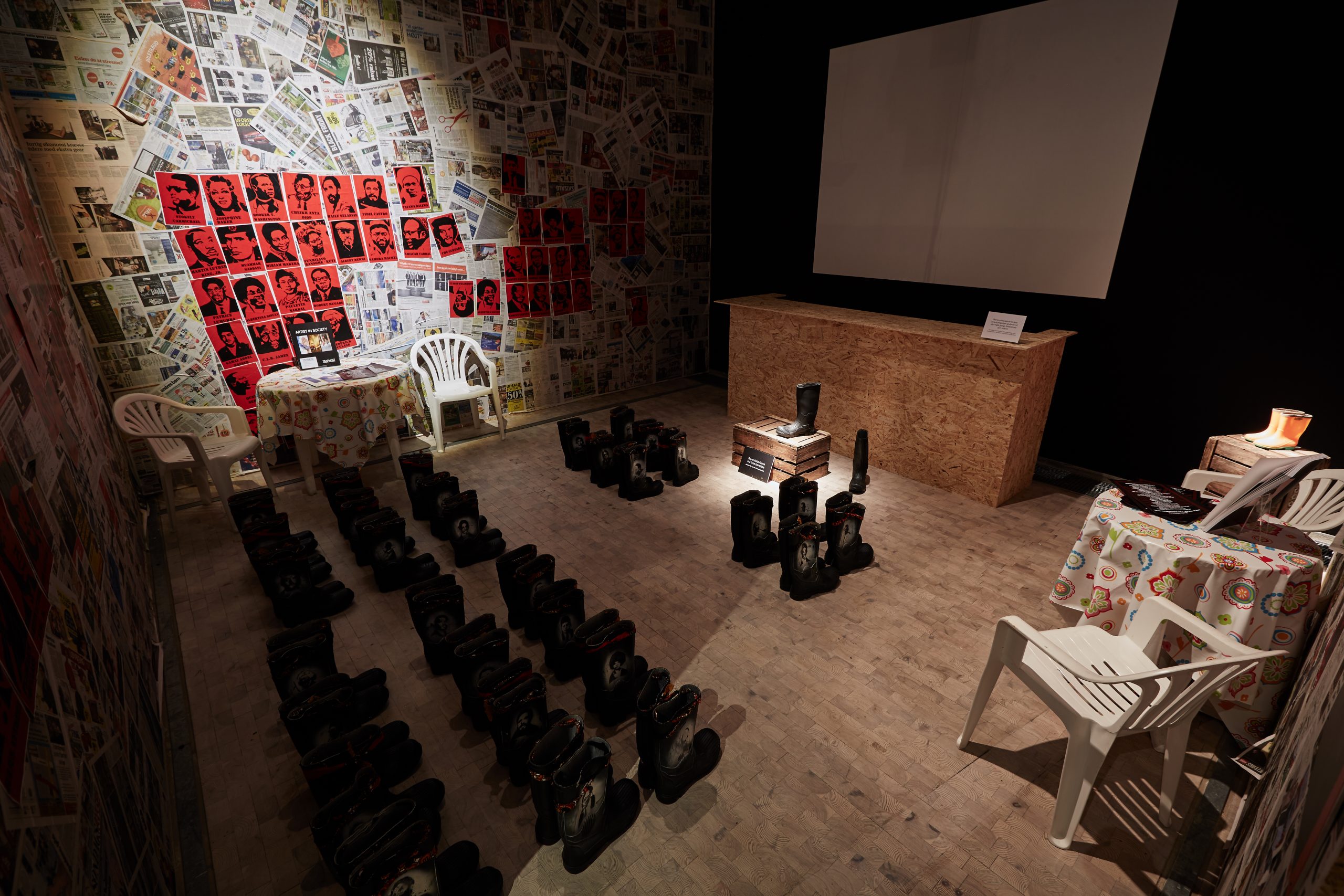
If you think about trade policies and agreements on this continent a lot of them are based on racism and don’t favour the people that are supposed to be benefitting from these agreements. We also have the fact that reparations have not happened; a lot of countries have built their wealth on the back of the African continent and off the backs of coloured people. The process of colonisation is about 200-300 years old but the process of decolonisation is only 60 years old. There’s a lot to change.
I started to think about the work I’ve done in the past about colonialism and I realise that the Black Lives Matter Movement is coming now because the decolonisation process in America is incomplete. The Civil Rights Movement was happening at the same time that there was a global movement for the rights of oppressed people based on their colour. Where decolonisation was nearly complete in places like Kenya, Ghana, India, it was totally incomplete in America because yes the paperwork was in place but the structures did not change.
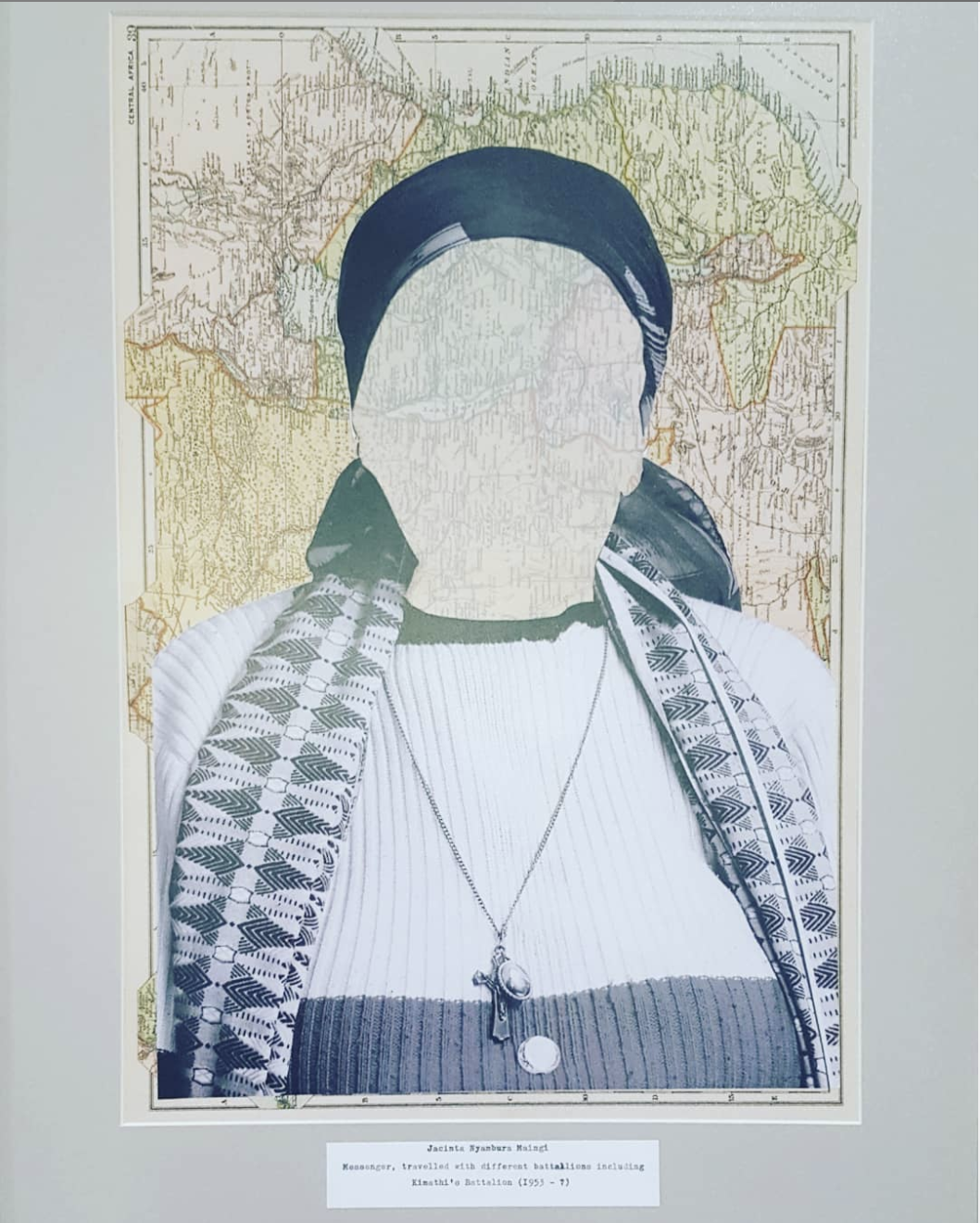
Because at that time there was such a global effort against the oppression of people based on their colour, I feel it’s necessary for the rest of us to stand for America. The freedom of Black people there and our freedom as Black people on the continent is interlinked.
At this time, I’ve found myself listening a lot to Damian Marley especially the song ‘Autumn Leaves‘. There was one particular day where I listened to it over and over again, just listening to the words. Usually the words carry more weight for me than the actual beat. With all of these songs I’ve been listening to how what is said in the lyrics applies to my life.
I’ve also listened to a lot of Burna Boy, ‘Odogwu’ particularly. I also found myself exploring younger music. So there’s Young T & Bugsey with the Don’t Rush Challenge and Strike a Pose, which came at a time when I was getting to be more comfortable with myself and in my space.
I’m also listening to older music, Ray Charles, Sam Cooke ‘A Change is Gonna Come’. James Brown, ‘Say it Loud I’m Black and Proud’. I’ve begun to explore less known musicians like Barbara Lynn, one of the first well-known African American woman guitarists.
I also find myself listening to Chronixx, Mortimer, Sampa The Great’s song ‘Energy’ and Mereba’s songs ‘Sandstorm’ and ‘Black Truck’.
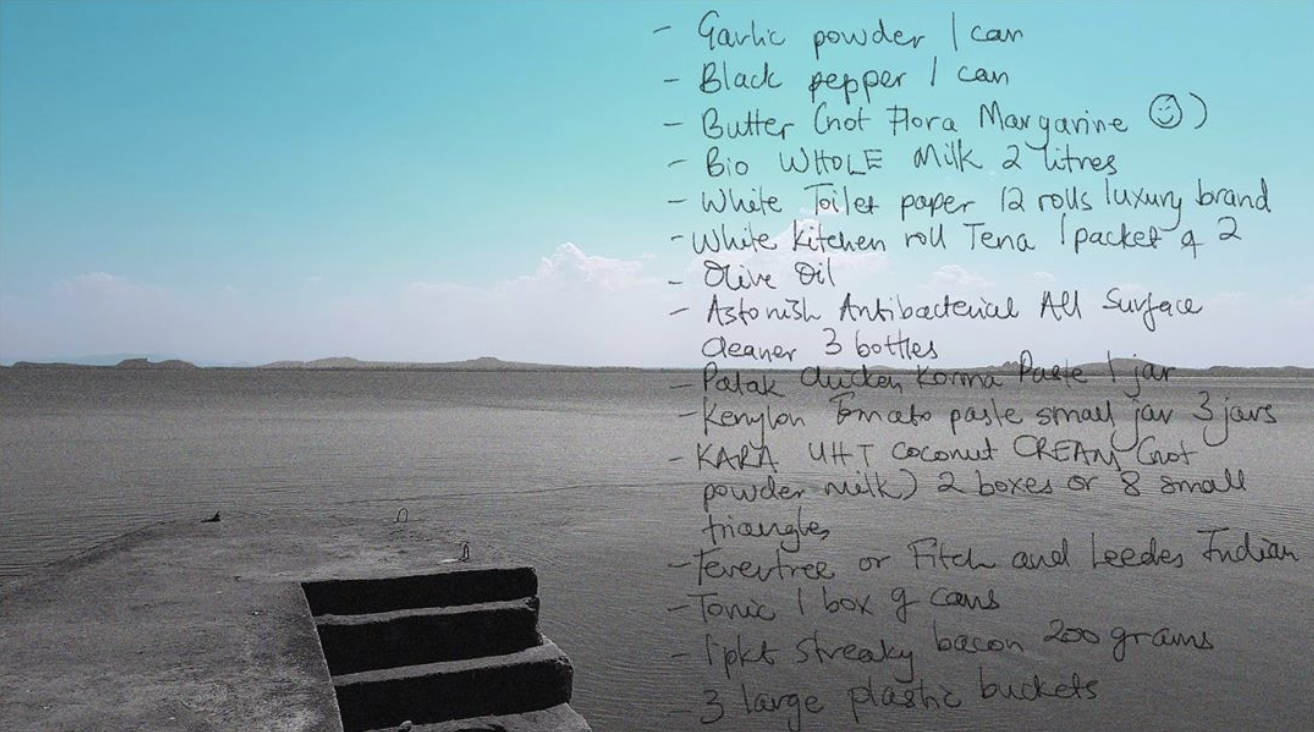
I’m having a moment of reflection about where I am right now, having recently lost my husband about a year ago. I am revisiting the things that used to make me happy, and the things that I enjoyed. The things that drove creativity, my passion and some of this music fits into that.
This morning I was thinking that globally we will go through a period of grief, once the coronavirus is done. We will have lost someone or know someone that has lost someone. This period has allowed me to think about my own current grief and to begin to look my world outside of my grief for my husband and toward a collective global grief.
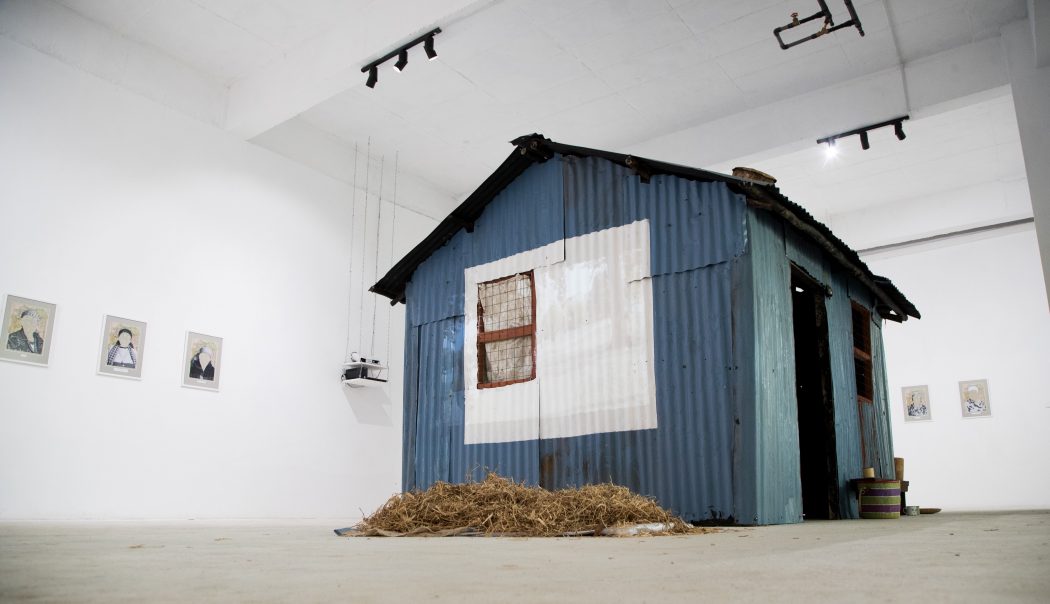
I feel if I can figure out what I need to change in the current trajectory of my life and I can sieve through and leave only what is necessary and important, then maybe, as I walk through the global grief, it will be easier to help other people navigate that world. I’m looking at how my own healing can be helpful to other people, who may not have experienced such grief.
You have to be very gentle with yourself. You also have to listen to what your body wants to listen to. I have this rule that if I wake up in the morning and a song is in my head then I have to listen to that song. It’s a way of honouring your body and mind and where it’s taking you for that day or where it is coming from in your sleep and in your dreams.
My understanding of revolution is taken from work by Walter Mignolo on decoloniality. As revolution is based on ideals, whether you’re a doctor or a chemist or a writer, as a Black person you have to think, ‘How am I intentional with my narrative?’ We should be conscious in creating a narrative of ourselves for future generations and be intentional about what that narrative is. This is not as a response to colonialism or slavery. Rather it is a redrawing of what it means to be Black outside of the narrative created by White people within colonialism and slavery.
Interview and text by Billie McTernan


